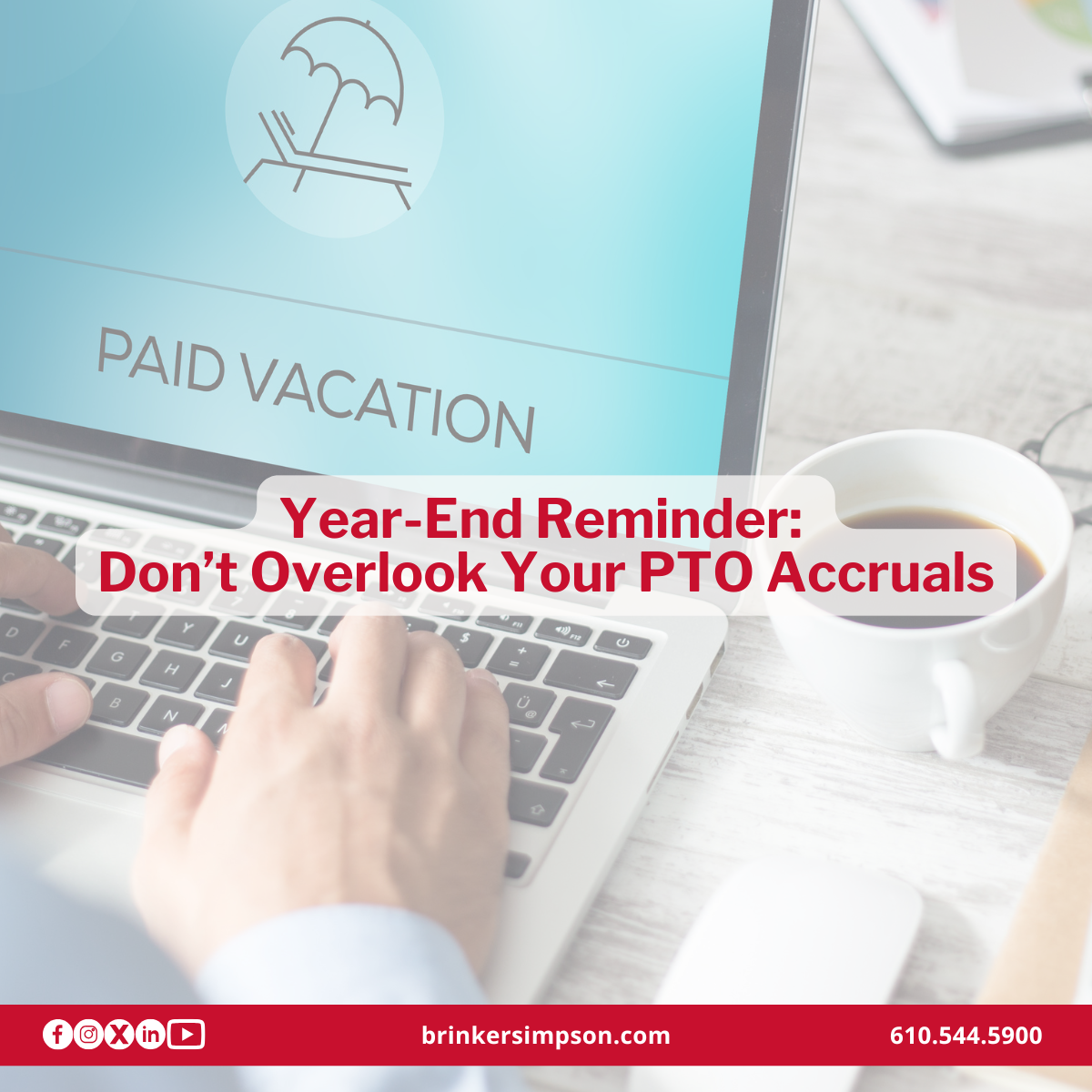Accounting Standards Codification Topic 842, Leases, requires organizations to report the full magnitude of their long-term lease obligations on their balance sheets — a historic first. For private companies and nonprofits, the changes take effect this year. Public entities adopted the rules in 2019. While the Financial Accounting Standards Board (FASB) conducts its post-implementation review of the new-and-improved lease standard, the guidance is concurrently being adopted by private organizations.
A major issue that has surfaced relates to leases under common control. In a surprise move, the FASB voted on September 21 to propose changes to address stakeholder concerns.
Practical expedient for related-party leases
Topic 842 requires an organization to account for a lease that’s under common control on the basis of the legally enforceable provisions. Problems arose for private companies because some don’t have written documentation of related-party leases, and they’re confused about what’s “legally enforceable.”
FASB members unanimously agreed to propose a practical expedient for private entities to simplify the guidance for determining whether a lease exists for arrangements between entities under common control. A practical expedient is an accounting workaround with a simpler approach to arriving at the same answer as the initial rule.
The proposal specifies that entities would only consider the written terms and conditions when determining whether a lease exists, and the classification and accounting for that lease. Entities wouldn’t be required to determine whether those written terms and conditions are legally enforceable. Moreover, if no written terms and conditions exist, an entity would apply Topic 842 to any verbal or implicit terms and conditions. If no lease exists, other rules would apply.
Clarity on leasehold improvements
An affiliated issue that came up during the FASB’s review of Topic 842 is how to handle the treatment of leasehold improvements when there’s a verbal related-party transaction. In many cases, the life of the related-party lease could substantially differ from the actual life of the underlying lease asset.
The term “leasehold improvement” generally refers to changes, buildouts or upgrades to real property made by a commercial tenant. For example, you might paint, update lighting, install new carpet or make repairs to a space.
FASB members voted 4-3 to propose an amendment to Topic 842 that would specify that leasehold improvements associated with leases between entities under common control be “amortized by the lessee over the useful life of the improvements (regardless of the lease term) as long as the lessee continues to use the underlying asset.” If the lessee stops using the leased asset, it would then be “accounted for as a transfer between entities under common control.”
To be clear, if approved, this change would apply to both public and private entities. Public companies already implemented the updated standard in 2019.
It’s important to note that three FASB members dissented to proposing changes to leasehold improvement rules. The dissenters said that they didn’t have enough information to vote to propose changes for public companies and were uncertain about any secondary or indirect implications of the proposal. The members who were in favor of the proposal indicated that public companies would largely be unaffected by the changes. Their leases tend to be arm’s length, written agreements, regardless of whether the lessors are third parties or under common control.
Stay tuned
Since the updated lease guidance was issued in 2016, it has been deferred twice and amended five times. Once these two last-minute proposals are issued, there will be a 45-day comment period. In the meantime, private organizations must continue pushing forward with adopting the updated guidance for 2022. Contact us for help onboarding the changes, including any amendments for leases under common control.
© 2022



